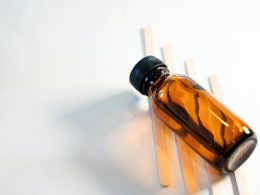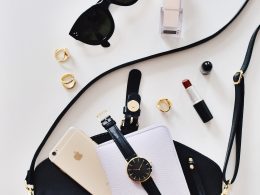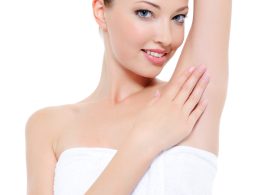Pore strips have become increasingly popular as a quick-fix solution for removing blackheads and unclogging pores. These adhesive strips promise to extract dirt, oil, and debris from the skin’s surface, leaving behind cleaner and smoother skin. However, when it comes to the efficacy and safety of pore strips, opinions among experts vary. In this article, we seek expert advice to help you make an informed decision about whether to use pore strips or avoid them altogether.
The Efficacy of Pore Strips
According to dermatologists, pore strips can provide temporary improvement in the appearance of clogged pores and blackheads. They are effective at physically removing surface-level debris and may give you a sense of satisfaction when you see the extracted material on the strip. Pore strips can be particularly useful for those with oily skin and occasional blackheads.
However, it’s crucial to understand that pore strips only address the symptoms of clogged pores and do not tackle the underlying causes. They do not regulate sebum production or prevent the formation of new blackheads. Therefore, relying solely on pore strips may offer short-term benefits without long-lasting results.
Potential Risks and Side Effects
Dermatologists warn of potential risks and side effects associated with pore strip usage. The adhesive used in pore strips can cause skin irritation, redness, and even damage the skin’s protective barrier. Pore strips can be particularly harsh on sensitive or easily irritated skin, leading to inflammation and discomfort.
Moreover, the forceful removal of pore strips can also pose risks. It can potentially damage the delicate blood vessels near the skin’s surface, resulting in broken capillaries. This can lead to visible redness or spider-like veins on the skin.
Suitability for Different Skin Types
Pore strips may not be suitable for everyone. Individuals with dry or sensitive skin should exercise caution when using pore strips due to their potential to cause further irritation and damage. If you have a skin condition such as eczema, rosacea, or acne, it’s best to consult a dermatologist before using pore strips to ensure they won’t worsen your condition.
Alternatives to Pore Strips
While pore strips can offer immediate gratification, incorporating alternative methods into your skincare routine may provide more effective and sustainable results:
1. Gentle Cleansing: Regularly cleanse your skin with a gentle cleanser to remove dirt, oil, and debris. Look for products specifically formulated for your skin type.
2. Chemical Exfoliation: Use gentle chemical exfoliants containing ingredients such as salicylic acid or alpha-hydroxy acids (AHAs). These can help to unclog pores and promote skin cell turnover.
3. Retinoids: Consider incorporating retinoids into your skincare routine. These derivatives of vitamin A can help regulate sebum production, promote cell turnover, and improve the overall texture and appearance of the skin.
4. Professional Extraction: For stubborn blackheads, it’s advisable to seek professional help. Dermatologists or licensed estheticians can perform extractions safely and effectively, minimizing the risk of skin damage.
Consulting a Dermatologist
To determine whether pore strips are suitable for your skin and to address any concerns you may have, it is always recommended to consult a dermatologist. They can assess your skin type, evaluate the severity of your blackheads, and provide personalized advice tailored to your specific needs.
Conclusion
When it comes to pore strips, expert opinions are divided. While pore strips can offer a temporary solution for blackheads, they are not a comprehensive or long-term fix. Their efficacy varies among individuals, and they carry potential risks, especially for those with sensitive skin. It’s important to consider alternatives such as gentle cleansing, chemical exfoliation,
and seeking professional help for extractions. Consulting with a dermatologist will provide personalized guidance on managing blackheads and maintaining healthy skin. Ultimately, making an informed decision based on expert advice will help you choose the best approach for your skincare needs.












